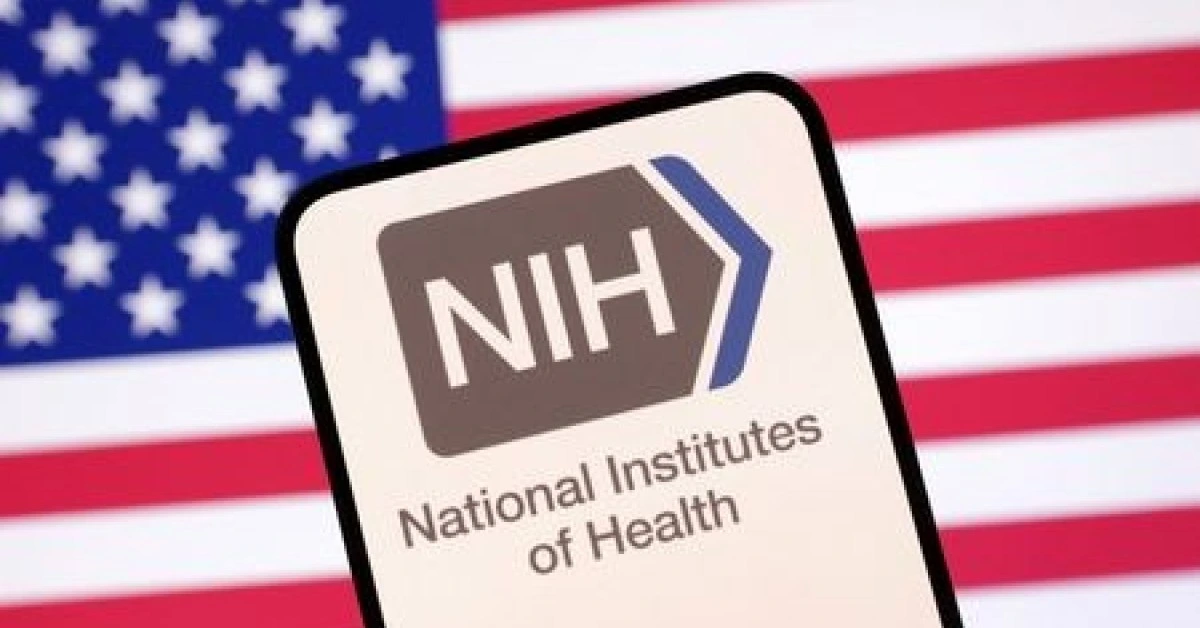
USA – The National Institutes of Health (NIH) and the Centers for Medicare & Medicaid Services (CMS) have joined forces in a major new initiative to study autism spectrum disorder (ASD).
The project is part of a broader push by Health and Human Services Secretary Robert F. Kennedy Jr. to better understand what causes autism and how it impacts people’s lives.
Through this partnership, the agencies will create a secure platform using real-world data, including medical claims, electronic health records, and wearable devices.
This data will help researchers study how autism develops, how it is treated, and how it affects families and healthcare systems.
Autism now affects about 1 in 31 children in the United States, according to a recent HHS survey. Secretary Kennedy has publicly expressed his interest in finding the root causes of this condition.
While the CDC has looked into claims linking autism to vaccines, an idea that scientific research has repeatedly disproven –this new study focuses on real-time data to find meaningful insights.
The project will begin with a data-sharing agreement between CMS and NIH, allowing Medicare and Medicaid information from autism patients to be accessed securely.
This effort will serve as a pilot for future large-scale research that looks at chronic diseases, treatment patterns, and their economic impact.
Researchers will use the autism data to explore trends over time, evaluate the effectiveness of different treatments, and identify gaps in healthcare access across different communities. They’ll also assess how autism care affects families financially.
NIH Director Jay Bhattacharya called the collaboration a key step toward using real-world data to improve public health.
“By linking CMS claims data with a secure NIH research platform, we can open the door to major discoveries about autism and other chronic conditions,” he said.
XRP HEALTHCARE L.L.C | License Number: 2312867.01 | Dubai | © Copyright 2025 | All Rights Reserved